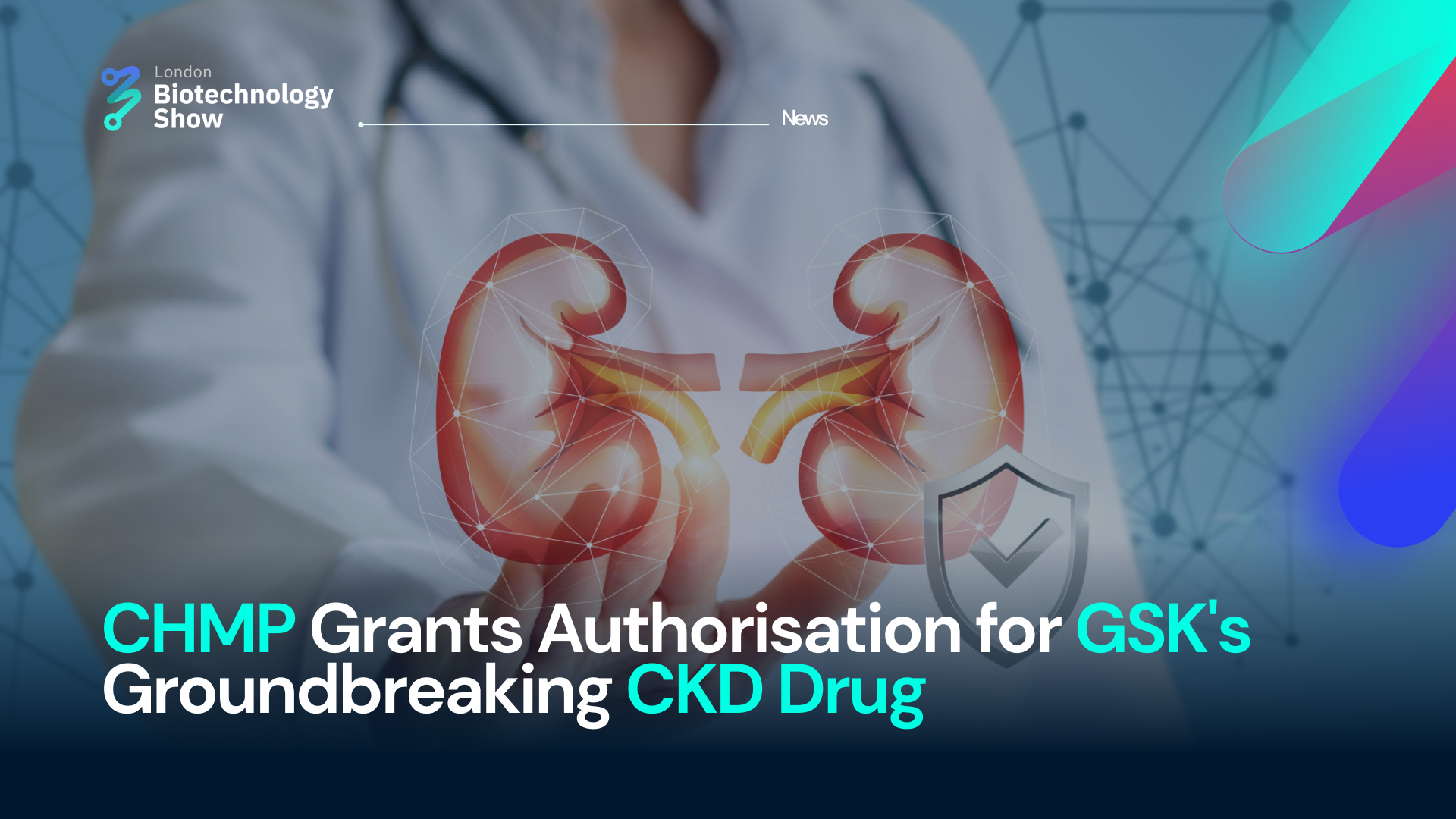London, 26 June 2023: Leading global pharmaceutical company GSK plc has made an announcement stating that the European Medicines Agency's Committee for Medicinal Products for Human Use (CHMP) has provided a favourable opinion recommending the authorization of daprodustat. The recommendation is specifically for the treatment of symptomatic anaemia linked to Chronic Kidney Disease (CKD) in adults who undergo chronic maintenance dialysis.
Daprodustat is classified as a HIF-PHI, or hypoxia-inducible factor-prolyl hydroxylase inhibitor. By blocking the prolyl hydroxylase enzymes responsible for oxygen sensing, this medication stabilises hypoxia-inducible factors, which in turn promotes the transcription of erythropoietin and other genes related to addressing anaemia. In February 2023, the United States Food and Drug Administration granted approval for Daprodustat to be used in adults with Chronic Kidney Disease (CKD) who have been undergoing dialysis for a minimum of four months, as a treatment for anaemia.
The CHMP's positive opinion was based on data obtained from three global phase 3 trials known as ASCEND-D, ASCEND-ID, and ASCEND-DT. These trials evaluated the effectiveness and safety of daprodustat in treating anaemia associated with Chronic Kidney Disease (CKD) when compared to the standard treatment of erythropoiesis-stimulating agents (ESAs) in adult patients. The trials specifically focused on three patient groups: those on dialysis (ASCEND-D, November 2021), those starting dialysis (ASCEND-ID, April 2022), and those receiving dialysis three times a week (ASCEND-TD, September 2022).
Chronic kidney disease (CKD) poses a growing global health challenge, impacting approximately 700 million individuals worldwide. Among these patients, an estimated one in seven also experience the development of anaemia, which further exacerbates their health condition, leading to increased morbidity, mortality, and a diminished quality of life. Failure to adequately manage CKD and its associated anaemia can result in fatigue and impaired daily functioning. Moreover, untreated or inadequately treated anaemia in CKD patients is linked to unfavourable clinical outcomes and places a significant burden on both patients and healthcare systems. However, this announcement brings optimism and anticipation for a future where GSK's CKD drug may offer new avenues of treatment, bringing relief and improved outcomes for those affected by this debilitating disease.

